
The Authentic Appeal of the Lying Demagogue
Proclaiming the Deeper Truth About Political Illegitimacy
Read or listen offline
Amazon KindleRecommendation
As they watched Donald Trump storm to victory in 2016, many befuddled observers wondered about a conspicuous paradox in his campaign: How could a candidate who lied so often and so obviously be seen by his supporters as a paragon of virtue and truth-telling? In this scholarly article, researchers from Carnegie Mellon and the Massachusetts Institute of Technology ran experiments in which they created a hypothetical election and asked participants to vote for a candidate. From these tests, they concluded that people can view even the most inveterate liar as truthful if the political establishment has lost legitimacy. While their academic writing style isn’t always easy to digest, the authors add important texture for understanding Trump’s rise and voter behavior in general.
Summary
About the Authors
Oliver Hahl is assistant professor of organization theory and strategy at Carnegie Mellon University’s Tepper School of Business. Minjae Kim is a PhD student in the Economic Sociology Program at MIT Sloan School of Management. Ezra W. Zuckerman Sivan is deputy dean and the Alvin J. Siteman professor of strategy and entrepreneurship at the MIT Sloan School of Management.





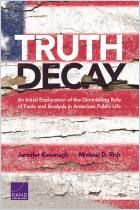
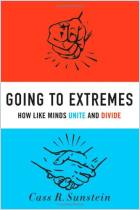
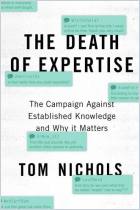
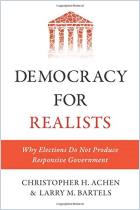


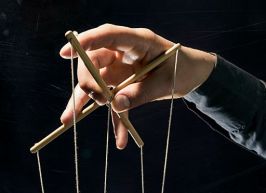


Comment on this summary